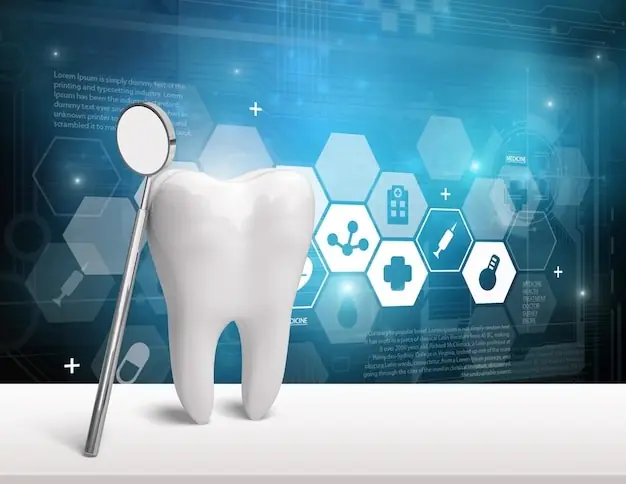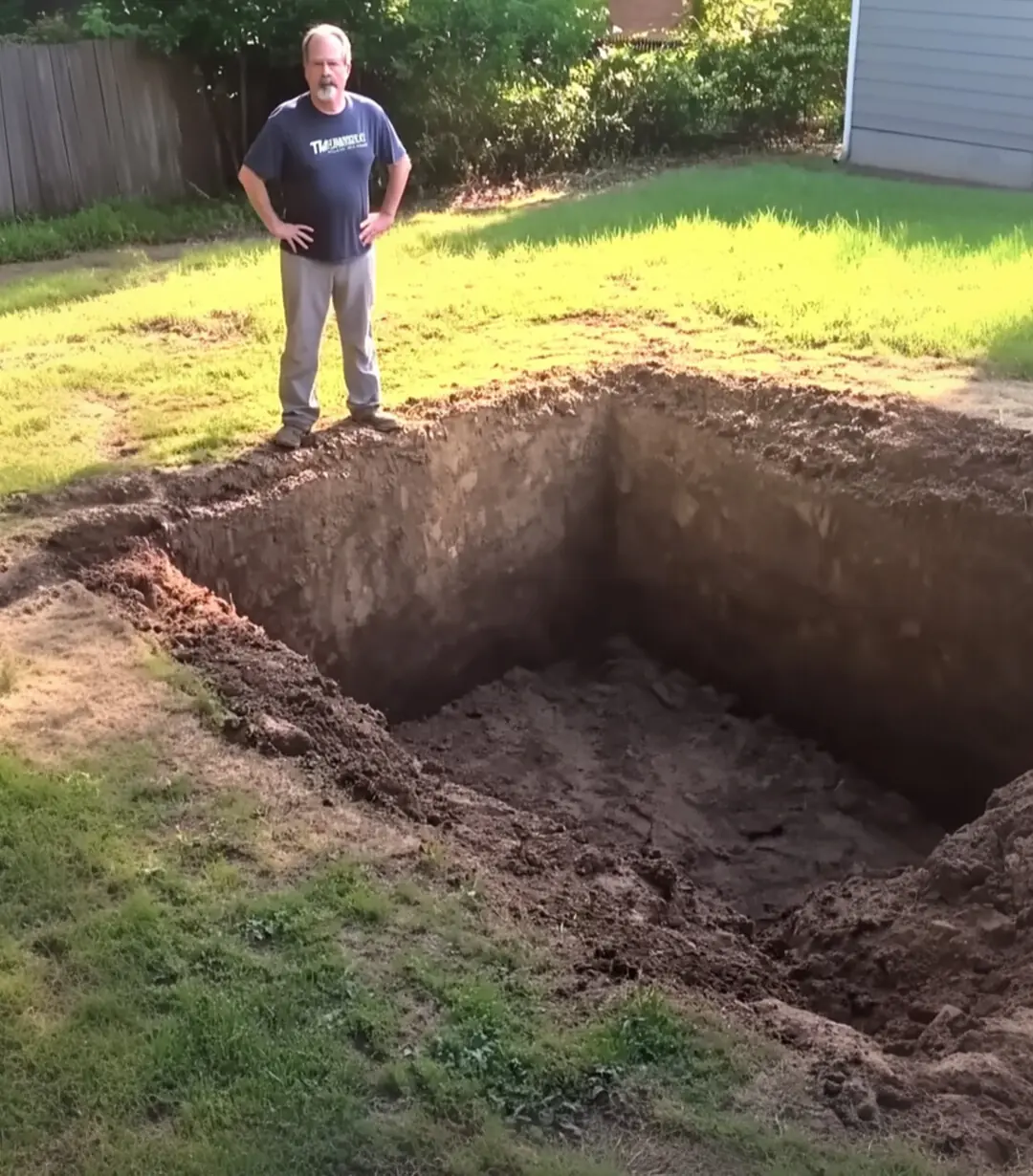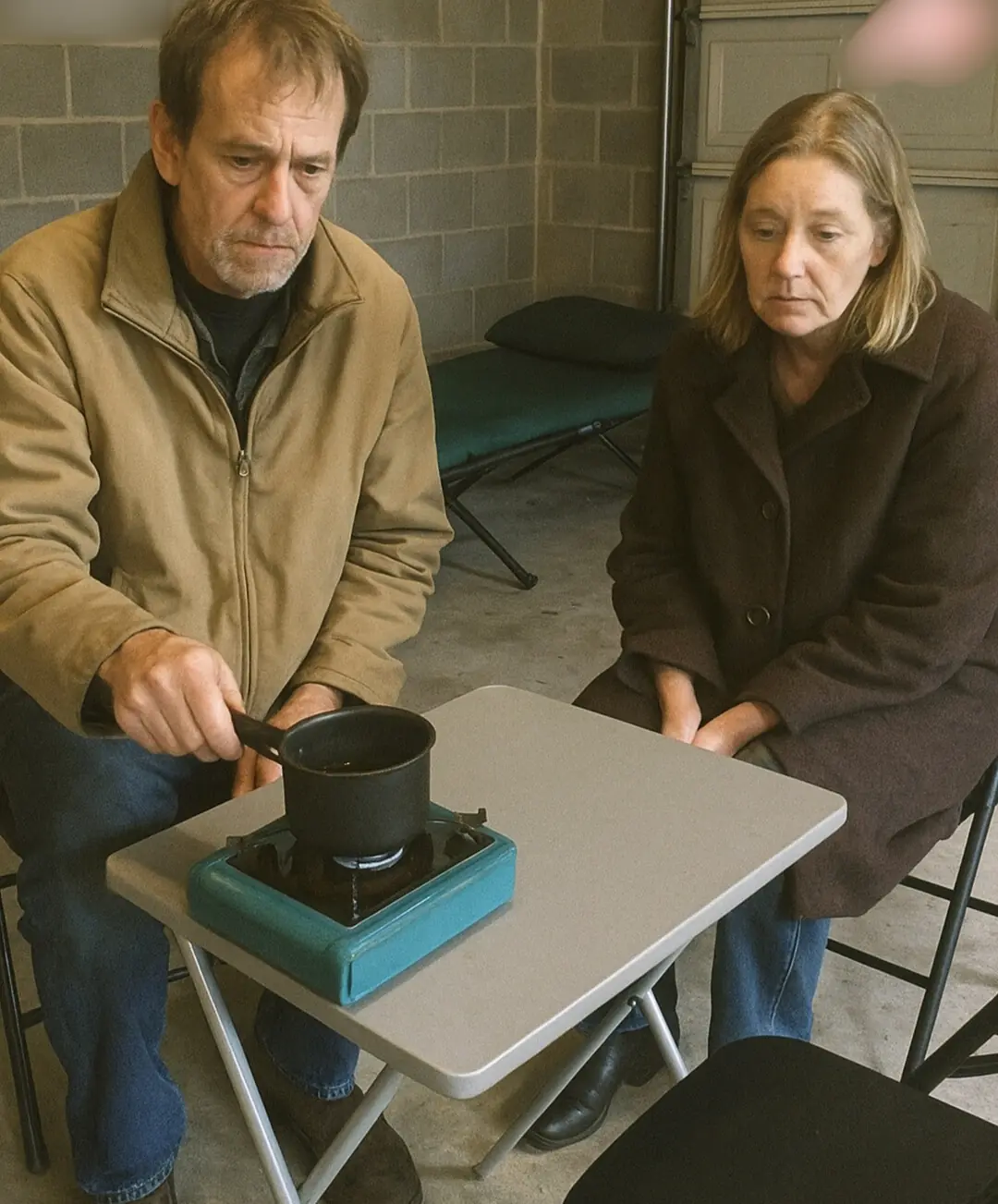Think about your body’s natural cleaning systems that work around the clock. Your kidneys filter waste while your liver breaks down toxins and your intestines remove what you don’t need. However, did you know your brain has its specialized cleanup crew too? Most people aren’t aware of this critical system that maintains brain health. Unfortunately, when this cleaning process fails, your memory and thinking abilities could face serious risks that may lead to dementia. Neuroscientist Professor Ian McDonough has dedicated years to studying this cleanup mechanism and how it might help prevent dementia.
His research reveals that your brain collects waste like your house gathers dust over time. Without regular cleanup, this brain waste accumulates in various regions, consequently, damaging neural connections that support memory and potentially contributing to neurodegenerative conditions.
Your Brain’s Natural Cleaning Crew
Professor McDonough explains, “It’s like a nightly cleanup that prevents buildup and potential damage.” Your brain has a built-in cleaning system that works hard all the time. Special immune cells called microglia act as main cleaners throughout brain tissue. They work with your glymphatic and lymphatic systems to flush out toxins and cell debris. This cleaning works best while you sleep, making good rest key for brain health.

As we get older, this system slows down. More waste stays trapped in brain tissues. This slowly gets in the way of normal brain work and adds to thinking problems that can grow into dementia if not fixed. The good news is that new research gives us hope. Scientists found a promising way forward. By boosting the brain’s waste-clearing paths, they might slow down mental decline. Some studies hint they might even turn back some parts of brain aging, possibly helping to prevent dementia before it starts.
What Science Tells Us About Brain Waste
Researchers have found special paths in the brain’s outer layer called meningeal lymphatics. These channels drain fluid and remove waste products constantly. When these paths get blocked, waste starts piling up where it shouldn’t. A key study shows that “prolonged impairment of meningeal lymphatics alters the balance of cortical excitatory and inhibitory synaptic inputs, accompanied by deficits in memory tasks.” Medical experts say, “To orchestrate complex brain functions, neurons integrate tightly coupled excitatory and inhibitory synaptic inputs.” When this balance gets upset, thinking problems often follow.
Research points to microglia as the main players in this process. When the brain’s drainage system fails, these cells start making too many inflammatory molecules, mainly interleukin-6 (IL-6). This inflammation then harms certain brain connections, adding to memory issues that many people face as they age.
Memory Restoration in Action
Scientists set up a clever test with older mice having memory problems. First, they showed mice two matching objects. Later, they brought back one known object along with a new one. Young mice were more curious about the new object, clearly remembering the old one. But older mice showed the same interest in both, suggesting they had forgotten what they saw before.

The big moment came when researchers improved the brain’s waste removal system in these older mice. The results were amazing. These once-forgetful mice suddenly showed much better memory. They began to focus mainly on the new object just like younger mice would. Solid research shows that “enhancing meningeal lymphatic function in aged mice reverses age-associated synaptic and behavioral alterations.” Scientists were able to turn back this decline. They used treatments that improved lymphatic coverage in older mice. This suggests we might be able to reverse some aspects of brain aging by fixing this essential cleaning system.
Protecting Your Brain Through Better Habits
While scientists work on clinical treatments, there’s one strong step everyone can take right now to help prevent dementia: make good sleep a priority. During deep sleep, your brain’s cleaning system removes harmful waste very well. Studies show that sleep creates conditions where brain cells move slightly apart, making space that helps flush away built-up waste. Beyond sleep, other lifestyle choices support brain waste removal:
- Regular exercise boosts blood flow throughout your brain, helping flush out waste better. Studies find that active people have better thinking skills as they age.
- Drinking enough water helps your brain maintain good levels of cerebrospinal fluid, the main way to move waste away from brain tissues.
- What you eat matters. Try to include foods rich in omega-3 fats, antioxidants, and anti-inflammatory compounds that support overall brain health.
- Managing stress is very important. Long-term stress triggers inflammatory responses that can block normal waste-clearing systems.
What This Means for You

The new research on brain waste clearing gives real hope for preventing dementia through natural processes. Studies suggest that improving these drainage paths could slow mental aging. The research team tried a special treatment. It fixed the function of aging drainage vessels. The results were very good. What can you do today to prevent dementia? Above all, make good sleep your top goal for brain health. As one expert puts it, your brain plans its major cleaning work during sleep. Skip this crucial upkeep time, and waste builds up where it shouldn’t. The effects go far beyond feeling tired for a while. They can cause lasting harm to brain structures.
































